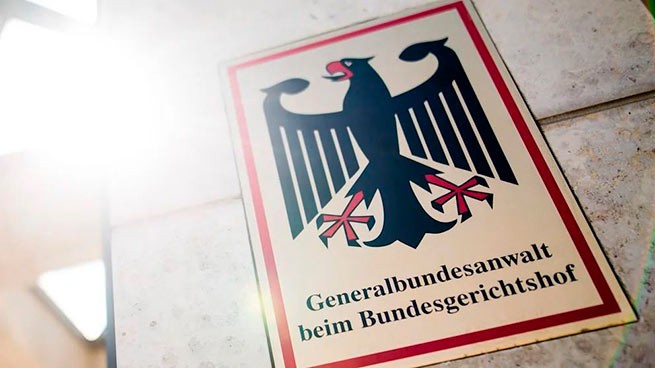A few months before the November harvest, Greek olive oil grower Michalis Antonopoulos knew this would not be the best year.
Firstly, his trees did not fully bloom, because last winter was not cold and wet enough.
In the spring, temperatures rose to 38 degrees Celsius, damaging the buds from which the olives were supposed to grow.
Summer then brought the worst heat in decades, drying up the olives and setting off wildfires that set hundreds of thousands of trees on fire.
Standing in his grove in Kalamata, the most famous olive growing region in Greece, among trees that are hundreds of years old, Antonopoulos pointed out the results: half-empty branches with small or shriveled olives, or rotting fruits attacked by a fruit fly.
“We are witnessing phenomena and challenges that we didn’t see 20 years ago,” said Antonopoulos, who heads a local cooperative of olive growers, estimating a 50% drop in regional production.
Europe has just passed its hottest summer on record, and scientists say erratic weather damaging olive trees is what to expect from climate change.
Greece is the third largest olive oil producer in the world and the Greek variety is especially popular for its high quality, known as “extra virgin”.
Bottles of Kalamata oil can be found in restaurants even in Japan, but farmers fear that if yields continue to decline, they will not be able to meet the demand for what they call “green gold”, and this will jeopardize the local economy.
“This year has shown us that the tree cannot withstand difficult weather conditions,” said Antonopoulos. “This is a classic example of the environmental change we are experiencing.”
Greece produced 275,000 tons of olive oil in 2020-2021 and more than half went abroad, making it the European Union’s fourth largest exporter. According to forecasts of the EU executive commission, in 2021-2022, production will fall to 230,000 tons.
Most of the world’s olive oil comes from the Mediterranean region, and in its agricultural projections for the next decade, the Commission expected EU production to rise, but climate change could affect annual yields and oil quality. Limited production contraction is forecast for Greece.
Stavros Vemmos, an olive specialist and professor of pomology, the science of fruit growing, said high temperatures and water shortages are already creating problems for Greek olive groves. “The phenomena of climate change go beyond growing olives,” he said.
In the long term, some areas in southern Greece may no longer be able to grow olive trees, while regions in the Balkans or Crimea, for example, could benefit from hotter weather, he said.
Antonopoulos looks to the future darker. “The climate crisis is destroying everything,” he said. “When we face a lot of pressure and need food … we stop thinking about quality.”






More Stories
Most polluted countries in 2023: Greek regions with worst air quality
Clearchos Marousakis warns of hail and tornadoes (video)
G. Kallianos: “24-hour bad weather with rain and downpours”